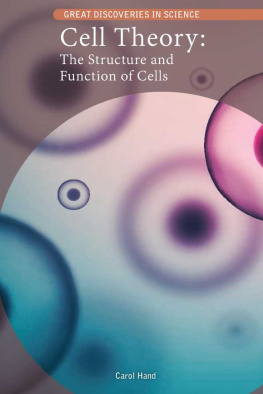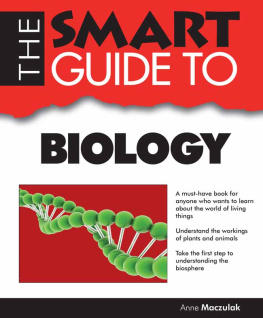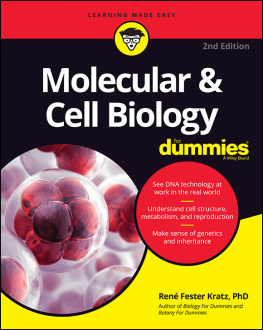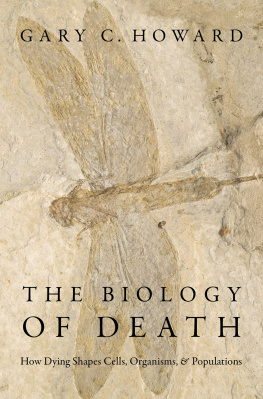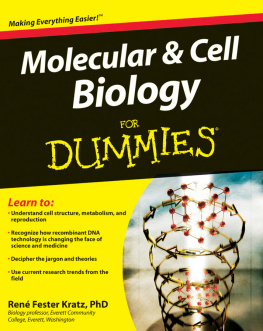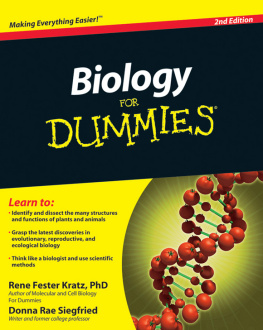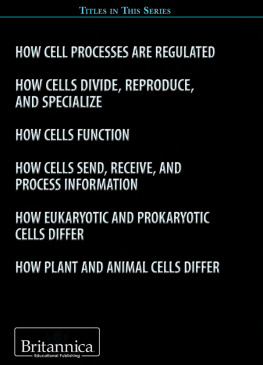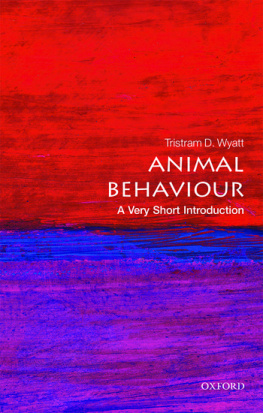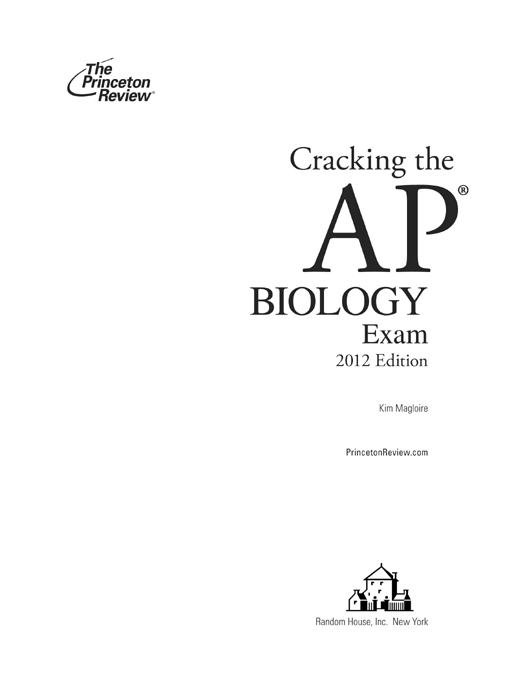The Princeton Review, Inc.
111 Speen Street, Suite 550
Framingham, MA 01701
E-mail:
The Princeton Review is not affiliated with Princeton University.
Copyright 2011 by The Princeton Review, Inc.
Cover design 2011 Random House, Inc.
Cover art 2011 Wavebreak Media Ltd/Alamy
All rights reserved. Published in the United States by Random House, Inc., New York, and in Canada by Random House of Canada Limited, Toronto.
ACKNOWLEDGMENTS
Special thanks go to the staff of The Princeton Review. Also, I would like to dedicate this book to my parents who instilled in me a love for science.
Thanks also to Andrew Taggart for his work on this edition of the book.
CONTENTS
Introduction
WHAT IS THE PRINCETON REVIEW?
The Princeton Review is an international test-preparation company with branches in all major U.S. cities and several cities abroad. In 1981, John Katzman started teaching an SAT prep course in his parents living room. Within five years, The Princeton Review had become the largest SAT prep program in the country.
Our phenomenal success in improving students scores on standardized tests is due to a simple, innovative, and radically effective philosophy: Study the test, not just what the test claims to test. This approach has led to the development of techniques for taking standardized tests based on the principles the test writers themselves use to write the tests.
The Princeton Review has found that its methods work not just for cracking the SAT, but for any standardized test. Weve already successfully applied our system to the GMAT, LSAT, MCAT, and GRE, to name just a few. Obviously, you need to be well versed in biology to do well on the AP Biology Exam, but you should remember that any standardized test is partly a measure of your ability to think like the people who write standardized tests. This book will help you brush up on your AP Biology and prepare for the exam using our time-tested principle: Crack the system based on how the test is created.
We also offer books and online services that cover an enormous variety of education and career-related topics. If youre interested, check out our website at PrincetonReview.com.
1
Orientation
WHAT IS THE AP BIOLOGY EXAM?
So youve just spent the better part of a year in an advanced placement biology course. And what have you learned? Biology, sure. But what kind of biology?
In theory, youre midway through the equivalent of a college-level biology course. However, high school courses vary, to say the least. Sometimes you get a great teacher, sometimes you dont. The Advanced Placement Biology Exam is a way to determine if the course youve taken is up to par: Have you really learned a years worth of college-level biology?
Thats what the AP test is intended to measure. You take it so that colleges can determine if youve mastered the material that the average college freshman learns in his or her introductory biology course. If so, youll be eligible for college credit, advanced standing, or both, depending on the college. Different colleges have different policies, so make sure you find out from the colleges you intend to apply to exactly what their policies are.
What if youre not enrolled in an AP course? Provided youve seen the same topics as those who are enrolled in such a course, theres no reason why you shouldnt consider taking the AP Biology Exam. However, before you sign up, check with your biology teacher. He or she is in a much better position to determine if youve actually done college-level science this past year.
WHO WRITES THE AP BIOLOGY EXAM?
The AP Biology Exam is written by ETS, the Educational Testing Service. These are the same folks who bring you all your standardized tests, from the PSAT and the SAT to the rest of your AP subject tests. How do they go about it?
A committee of university and high school teachers, along with ETS, determines the content and format of the AP exam. Why should you care about ETS? Well, you shouldnt. But you should care about how they write the test, which is extremely important when it comes to our approach.
THE PRINCETON REVIEW APPROACH
There are basically two ways to prepare for the AP Biology Exam:
- Know absolutely everything about everything. This is ETSs way. Bad idea.
- Review only what you need to know, and tackle the test strategically. This is The Princeton Reviews wayand the best way to improve your score.
Rather than trying to teach you everything there is to know about biology, we at The Princeton Review focus on test-taking strategies. Naturally, well review some hard science as well. But rather than getting bogged down in the details, well focus on the biology you need to know for the test, explaining and highlighting key concepts along the way. But who are we and how do we know so much about whats important for the AP Biology Exam?
The Princeton Review is the nations fastest growing test preparation company. Weve been at it for more than 25 years, preparing students for standardized tests by showing them how to beat ETS at its own game. Our insight into the AP Biology Exam is the fruit of intensive analysis of heaps of AP exams. For you, this translates into a relatively painless, sure-fire approach to beefing up your AP score.
In this book, well show you how best to take the AP Biology Exam because we know exactly how its put together. By understanding how the test is written, well be able to help you outfox the test writers in three ways:
- by reviewing only the biology you need to know for the test
- by giving you simple, straightforward strategies for answering multiple-choice questions and for writing essays
- by focusing on the recurring themes for the AP Biology Exam
By the time you finish this book, youll have both the science and the strategies youll need to beat the AP Biology Exam.
HOW MUCH BIOLOGY DO YOU NEED TO KNOW?
Fortunately, weve already done the groundwork for you. We know exactly what ETS likes to test and how it tests it. The College Board, which administers the test, has put together a list of the topics covered on the AP Biology Exam, as well as a breakdown of the frequency with which they appear on the test.
The AP Biology Exam covers three major areas:
- Molecules and Cells
- Heredity and Evolution
- Organisms and Populations
These three areas are further subdivided into major topics. By the way, the percentages given below will give you a rough idea of the percentage of questions from each category that will appear on the test. For instance, since 10 percent of the test concerns cells (see below), you can expect that about 10 percent of the multiple-choice questions10 questions altogetherwill deal with cells.


